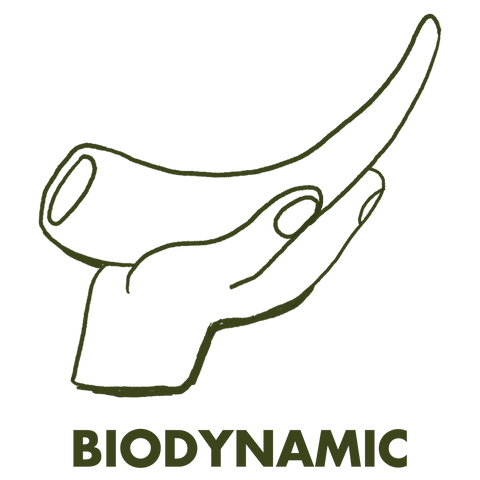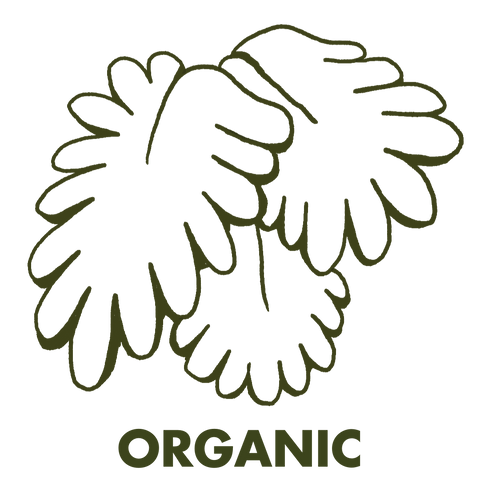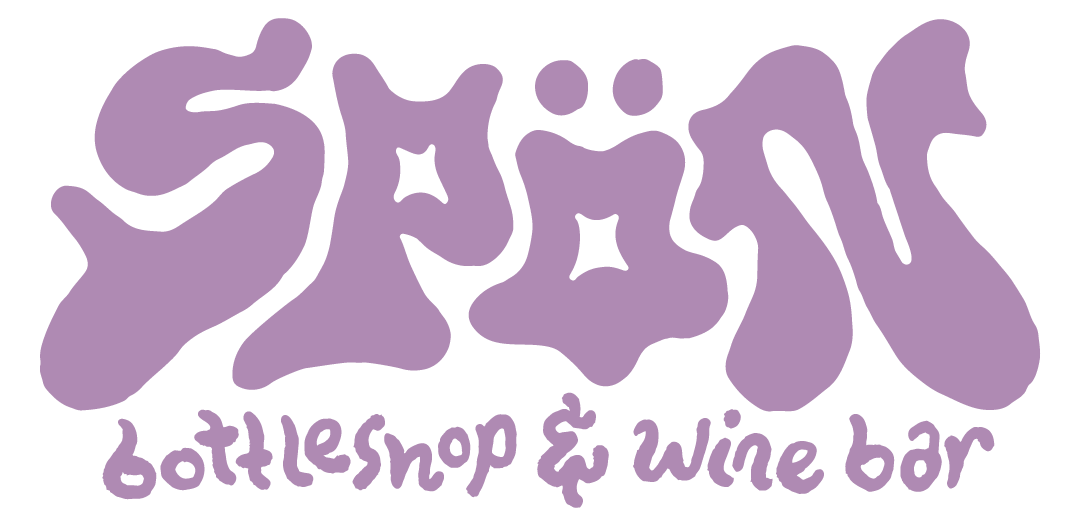
2017 Catherine Bernard La Carbonelle







WINEMAKER: Catherine Bernard
REGION: Herault, FR
VARIETY: Grenache, Mourvèdre, Marselan
VITICULTURE: Certified Organic/Biodynamic
La Carbonelle is a blend of Grenache, Mourvèdre and Marselan. A single plot, clay-limestone soils with pebbles on a small hill orientated south. The grapes are mostly de-stemmed, maceration between 7-10 days pending the grape and year. Elevage occurs in old 228 litre barrels for 12 months prior to bottling. A cuvee built on the acidity of red fruits with a graphite note that has become typical each vintage. Combining finesse, Mediterranean scrubland, structure, integrated tannin and freshness. Catherine's deft hand and feminine touch produce wines of incredible elegance.
Despite 5 years aging already, the acidity brings a level of youthfulness which sees this wine just at the beginning of its journey. Tobacco leaf, olives, thyme, violets and bright fruit. Attack and presence yet balanced and elegant.
Catherine Bernard was a journalist with Libération Newspaper, first in Paris and then Montpellier. But in 2003 upon turning 40, she needed a change of direction. Originally from Brittany, Catherine grew up on a farm, her father a grain dealer, and she wanted to be back in touch with the land. She obtained her certificate in agriculture, specialising in viticulture and oenology and began searching for a small vineyard, initially around Corbières where her friend Maxime Magnon was located. But it was to be in Herault, in the commune of Saint Drézéry, Languedoc that Catherine settled, initially purchasing 3 hectares of land in 2005, of which 1 hectare was under vine.
Certified organic working with a biodynamic spirit. Catherine has now been joined by her son Nicolas, and together they are making long term plans to ensure viticulture remains sustainable. In 2021 they began planting elm, olive and almond trees, interspersed among the vines. Animal husbandry has been incorporated and Catherine has undertaken research into old ungrafted vines with deep root systems in other hot dry areas of the Mediterranean. Understanding how they survive and thrive will hopefully lead viticulture change in Herault.
